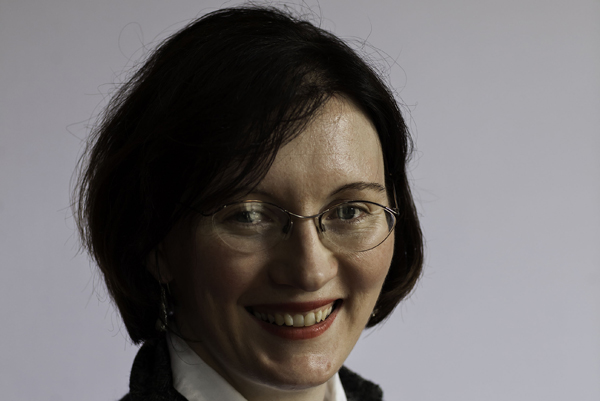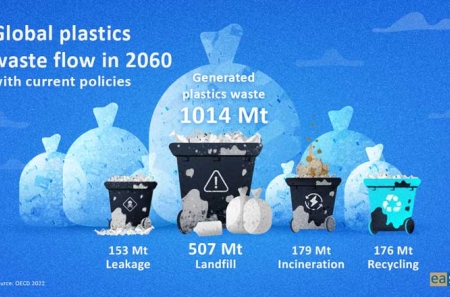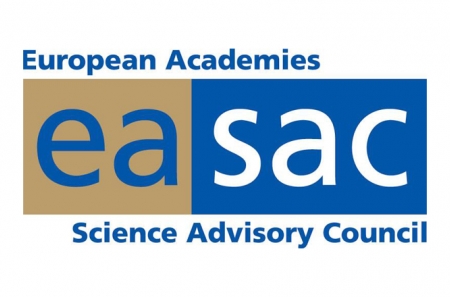
Sinéad Riordan: Open Access Series Opening Statement
13 November 2013Sinéad Riordan is the Head of Policy and International Relations at the Royal Irish Academy. She oversees the Academy’s national and international contributions to higher education and research policy debate.
Since 2002, open access has gone from being the vision of a few to a near ubiquitous, but poorly understood, requirement of the modern-day global research environment. This RIA opinion series explores what open access currently means to Irish researchers across a variety of disciplines.
Making the fruits of research available to as many as possible has always been an objective of academies and more broadly of the research community. How this is done has of course depended on the available media and technologies, from the widespread copying of handwritten letters, to the publication of proceedings and books, to the rise of the commercial journal publishers and to the current explosion of online content. There is no doubt that modern ICT offers great advantages for the dissemination of research, and the ideal of having virtually all research outputs available free of charge to anyone with internet access is achievable, but will involve significant disruption of established structures and is not without costs. The tenth anniversary of the Berlin Open Access Declaration offers an ideal opportunity to reflect on open access, what it means, and how it can best serve the needs of Irish researchers.
Open access was the focus of a one-day Forum convened by the Royal Irish Academy and the Irish Research Council in May of this year. The forum discussed international examples of open access and heard from a broad range of Irish participants who highlighted the different motivations behind open access, the benefits and challenges for the researcher, and the infrastructures and resources needed to support a transition to open access.
The forum highlighted the need to talk about open access for the whole range of research outputs, including monographs, essay collections, data sets, etc., and not just short scientific papers. The transition from traditional publishing models to open access is complicated and needs to be carefully thought through. Questions of quality control, long-term archiving, and the transfer of costs from consumer to producer all have to be examined as part of this process. No sustainable models have yet emerged, particularly in relation to the future of the monograph, and positive engagement by the Irish research system in this area would represent a significant contribution to the international debate.
Embargo periods on open access continue to be subject to much discussion and the recognition by public-research funders of the validity of applying different embargo periods depending upon discipline and journal is welcome. A positive next step would be the development of a consensus amongst funders and researchers on the appropriate length of an embargo period for the humanities and social sciences.
The Academy is a microcosm of the bigger picture containing as it does researchers, librarians, publishers, humanities scholars, scientists, ICT researchers, data sets and priceless cultural artefacts. It is thus an ideal test bed in which to explore these issues through an opinion series written by members and staff of the Academy. Each piece offers a different personal perspective on the opportunities and challenges that are brought about by developments in open access. The opinions expressed by the authors are their own and illustrate the diversity of views within the Academy’s membership and amongst its staff; they should not be taken as representing the views of the Royal Irish Academy.
About This Series
In Autumn 2013, the Academy ran an ‘Open Access’ online opinion series driven by contributions from MRIA and staff. Each piece offered a different personal perspective on the opportunities and challenges brought about by developments in open access to the practice of research and scholarship. The series ran from 13 November to 23 November.



